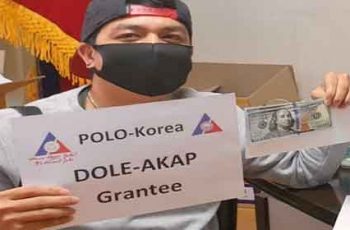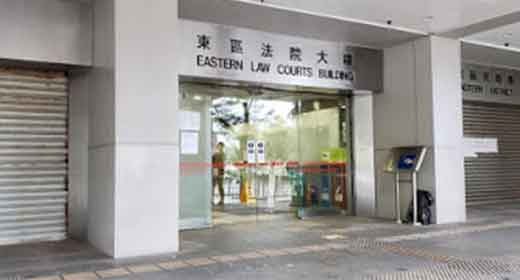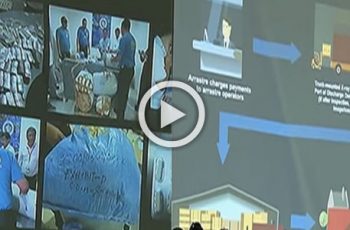The global workforce is no stranger to deception, with countless individuals falling prey to scams and illegal recruitment each year. For Overseas Filipino Workers (OFWs), who tirelessly seek opportunities abroad to improve the lives of their families, becoming a victim is not only financially draining but emotionally devastating. Therefore, it is imperative for OFWs, and indeed all job seekers, to arm themselves with the necessary knowledge to detect and avoid these deceitful practices.
- Recognise the Warning Signs
Too Good to Be True Offers: If a job offer sounds too good to be true – astronomical salaries, minimal work hours, luxury accommodations – it probably is. It’s essential to compare the job offer with the industry standards in the destination country.
Vague Job Descriptions: Scammers often lure victims with broad and unspecific job descriptions. If the role isn’t clear, or if it seems that no real qualifications are required for a supposedly specialised job, be wary.
Upfront Fees: One common tactic is to ask for money upfront, masked as “processing fees”, “visa charges”, or other administrative costs. Legitimate recruiters usually don’t ask for money from job seekers.
- Do Your Due Diligence
Research the Agency: Before engaging with a recruitment agency, ensure that they are registered and licensed. For OFWs, the Philippine Overseas Employment Administration (POEA) keeps a list of accredited agencies. Any company not on this list should be approached with caution.
Check Reviews and Testimonials: A simple online search can reveal a wealth of information. Look for reviews, testimonials, or any negative feedback about the agency or employer. If multiple people report fraudulent activities, it’s a clear red flag.
Verify the Job Offer: If you receive a job offer, particularly unsolicited ones, reach out to the company directly using their official contact information, not the details provided in the offer. Confirm if they have extended such an offer and if the recruiting agency is indeed working with them.
- Be Aware of Communication Red Flags
Unprofessional Emails: Pay close attention to email addresses. Scammers often use free email services, rather than official company domains. Also, watch out for poorly written emails with numerous spelling and grammar mistakes.
High-pressure Tactics: Scammers often rush their victims, insisting on immediate decisions or payments. A legitimate employer will understand if you need time to consider an offer or to verify its authenticity.
- Safeguard Personal Information
Limited Information Sharing: Never share personal information like your passport, bank details, or other sensitive data unless you are certain about the recruiter’s legitimacy. Scammers can use this information for identity theft and other fraudulent activities.
Secure Documents: Always keep copies of all your recruitment-related documents. If dealing with an agency, ensure you receive official receipts for any payments made.
- Stay Updated and Educated
Know Your Rights: As an OFW, it’s crucial to understand your rights. Familiarise yourself with the labour laws of the destination country and the Philippines’ guidelines for overseas employment.
Attend Seminars: The Philippine government often conducts pre-employment seminars for OFWs. These sessions are invaluable in equipping workers with the necessary knowledge to avoid scams and illegal recruitment.
The dream of securing a better future abroad should never be marred by the malice of deceitful entities. By staying vigilant, conducting thorough research, and following the guidelines mentioned above, OFWs can ensure they embark on their overseas journey safely and confidently. Always remember, when in doubt, it’s better to pause, research, and verify rather than fall victim to a scam.






